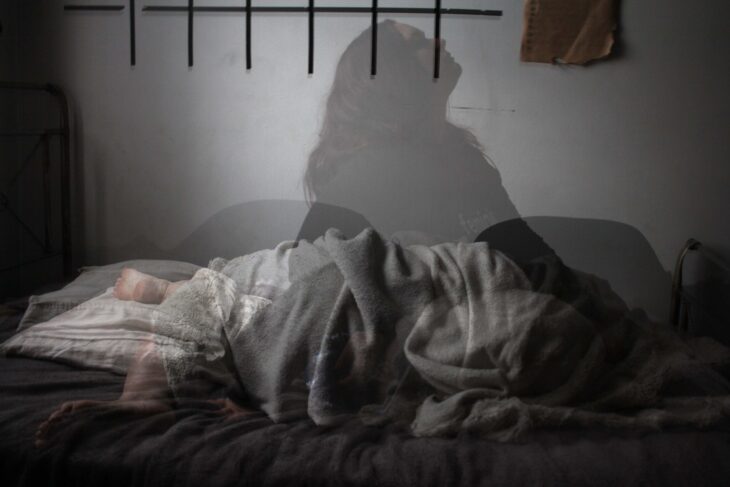One-third of Americans don’t get enough sleep, a condition called sleep deprivation. The average person today gets about 2 hours less sleep per night than they did a century ago. Sleep deprivation can cause psychiatric, cardiovascular and metabolic problems. So as the number of hours people sleep decreases, their risk of developing health problems increases.
Scientists have shown poor sleep quality can also cause drug addicts to relapse. They suggested less sleep increases people’s desire for drugs like cocaine and nicotine. Since sleep deprivation leads to drug use, scientists hypothesize people could also consume more alcohol when they’re deprived of sleep.
To test whether chronic sleep-deprivation leads to more alcohol use, scientists from Veracruzana University recently performed experiments on rats. They hypothesized alcohol intake in rats could be associated with a specific protein found in the brain, called delta FosB. Researchers think this protein contributes to drug addiction, since drug addicts have more delta FosB than the general population, but they don’t know if it’s related to sleep deprivation.
These scientists suggested chronic sleep deprivation could change the amount of delta FosB proteins in the brain and promote addictive behavior. The brain has multiple reward circuits that allow us to feel happiness after a stimulus, like winning the lottery or biting into our favorite food. They proposed delta FosB could interact with the reward circuit in sleep-deprived rodents in a way that caused them to use more alcohol.
They tested this on 4 groups of 6 male rats, all around the same weight. The 4 groups consisted of a control group of rats with a normal sleep schedule and no alcohol, a group of sleep-deprived rats with no alcohol, a group of sleep-deprived rats with alcohol, and a group of rats with alcohol but no sleep deprivation.
The scientists gave the rats with alcohol 2 bottles of liquid, 1 with water and 1 with ethanol, and the rats were free to choose which bottle to drink from. They gave the rats alcohol in the form of ethanol because it is pure alcohol without any flavor or sugar added.
The scientists kept the sleep-restricted rats awake by gently touching their tails or whiskers to prevent them from falling asleep. They gave one sleep-restricted group only water. They gave the other sleep-restricted group the water versus ethanol choice. They only restricted sleep in the rats for the final week of the 6-week experiment.
The scientists tracked how much water and alcohol the rats drank each day, by measuring the difference between the amounts they were initially given and the amounts that were left. They confirmed rats that were sleep-deprived drank more alcohol than those that weren’t.
After 6 weeks they euthanized the rats and removed their brains to look for the delta FosB protein. They examined slices of the rats’ brains using a technique that can identify specific proteins in tissue, called immunohistochemistry. This method allowed them to see what regions in the brain the protein was most concentrated in.
The team found the sleep-restricted rats had more delta FosB proteins in their brains. The brain slices also showed delta FosB was present in specific regions of the brain known to be related to the brain reward circuit. The scientists interpreted their results to mean sleep deprivation influences the reward circuit regions of the brain by interacting with the delta FosB protein.
The scientists concluded chronic sleep deprivation put rats at higher risk of drinking alcohol. They suggested their results could help scientists understand the relationship between people with insomnia and their alcohol consumption, but questions remain.
The researchers admitted one limitation of their study was that they did not consider the role of stress in alcohol consumption. They also suggested future studies should pinpoint exactly how the brain reward circuit regulates sleep deprivation and drug addiction.


